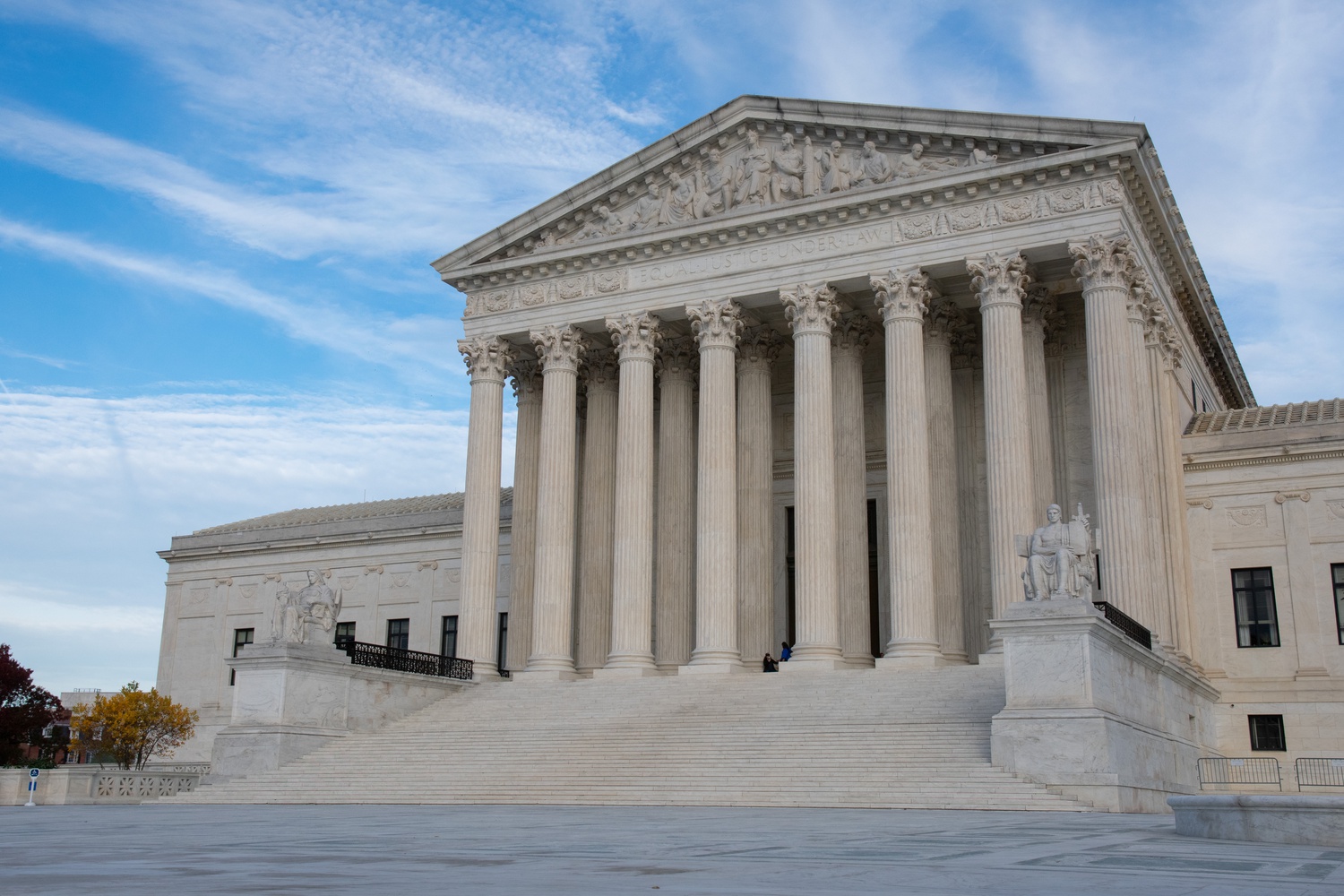By Charlotte P. Ritz-Jack and Yusuf S. Mian
Between the wars in Ukraine and Gaza and the re-election of President Donald Trump, the Class of 2025 witnessed a reorientation of the international and domestic political order while on campus. Graduating seniors also felt its direct effects on Harvard.
Following the longtime trend of previous classes, the majority of the Class of 2025 identified as politically progressive. On the whole, graduating seniors — who identify as even more progressive than the Class of 2024 — overwhelmingly disapproved of Trump, while also expressing increased skepticism of both the Democratic Party and former President Joe Biden.
Respondents from the Class of 2025 nearly universally expressed concern about the political future of the United States. Nearly 89 percent of respondents, including nearly 61 percent of self-identified conservatives, said they believed the country is not headed in the right direction.
Political Allegiances
While most respondents described their views as progressive or very progressive, the survey revealed that the Class of 2025 became slightly less progressive during their time on campus.
Seventy percent of respondents indicated that they were progressive or very progressive prior to arriving at Harvard, but just 64 percent – a drop of six percentage points — said they currently identify as progressive or very progressive. Meanwhile, more than 10 percent of respondents currently identify as conservative or very conservative, up from approximately eight percent who identified as such prior to arriving on campus.
Twenty-four percent of seniors described their current views as moderate, up from the 20 percent of seniors who described themselves as moderate prior to coming to Harvard.
Still, respondents in the Class of 2025 identified as more progressive than the Class of 2024. Last year, 55 percent of respondents described themselves as progressive or very progressive, 13 percent as conservative or very conservative, and 25 percent as moderate.
The political beliefs amongst respondents showed some differences by gender, with significantly more female respondents — 71 percent — identifying as progressive or very progressive compared to male respondents, at 55 percent.
Despite the large number of progressives in the Class of 2025, the majority of respondents said they did not believe the University should actively recruit more conservative perspectives. 60 percent of respondents did not think Harvard should make efforts to enroll more conservative students, whereas 16 percent said the University should. Efforts to recruit more conservative faculty were slightly more popular, with 27 percent of respondents in favor and 52 percent opposed.
These preferences manifested in the Class of 2025’s voting behaviors. Nearly 56 percent of respondents who reported they were from one of the 50 states said they were registered as Democrat, 19 percent as independent, and just a scant 5 percent as Republican. Among respondents who said they were from the United States, 71 percent reported voting for Kamala Harris in the 2024 presidential election, while just 6 percent reported voting for Donald Trump; 19 percent said they did not vote.
Respondents also suggested political allegiances are important determinants of their romantic and platonic relationships. Approximately 63 percent of responding seniors said that most or all of their closest friends shared their political views, while only 2 percent said none of their friends do. Only approximately 26 percent of respondents reported that they would be willing to enter a romantic relationship with someone who supported the opposite party’s nominee in the 2024 presidential election.
Policy Preferences
Four months into Trump’s second term, opinions of Trump were overwhelmingly unfavorable among seniors who responded to the survey. A whopping 92 percent of respondents reported unfavorable views of Trump, including 85 percent who described him as very unfavorable.
Respondents also expressed increased disapproval toward former President Joe Biden and the Democratic Party. Approximately 44 percent of seniors reported unfavorable views towards Biden while 40 percent reported favorable views, down from 49 percent in the Class of 2024.
Respondents in this year’s survey reported net unfavorable views of the Democratic Party as well, with 44 percent saying they view the Democratic Party unfavorably compared to 36 percent who reported favorable views. The Republican Party was rated unfavorably by approximately 85 percent of graduating seniors.
The Class of 2025 also demonstrated overall dissatisfaction with Vice President JD Vance, who earned a 4 percent favorable rating from respondents. Harris was much more popular among seniors but still failed to receive support from the majority of respondents, with 47 percent indicating that they had a favorable opinion of the former Vice President.
The majority of surveyed seniors — 65 percent — expressed unfavorable views on U.S. aid to Israel amid the war in Gaza, a marked increase from the 48 percent of seniors who said the same last year.
Respondents were also split on support for the Palestinian-led Boycott, Divestment, Sanctions movement, which is championed by pro-Palestine student groups on Harvard’s campus. Nearly 35 percent of respondents reported a favorable sentiment toward BDS, while approximately 28 percent responded unfavorably. In last year’s survey, a plurality of respondents disapproved of the BDS movement.
Respondents to the survey were more favorable of U.S. aid to Ukraine, with nearly 67 percent of respondents reporting favorable views and only 11 percent reporting unfavorable views.
